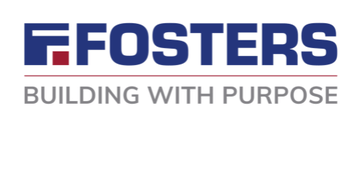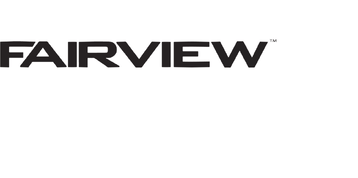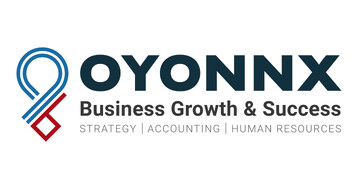Latest 2degrees study reveals the key issues facing NZ business decision makers, and how thriving companies are weathering the storm.
Business optimism continuing despite the recessionary pressure.
Cost and pricing continue to be front of mind for business leaders.
Larger businesses continue to thrive while smaller businesses more likely to struggle.
Staff and productive use of technology are the make or break for businesses in 2023.
Business leaders are facing a whole new operating environment in 2023 as their focus shifts completely away from the pandemic and towards managing rising costs and improving productivity, according to 2degrees’ latest Shaping Business Study.
The report, conducted by Perceptive on employing business decision makers around Aotearoa, revealed that 87% of businesses have seen their running costs increase in the past twelve months, yet only 63% had increased their prices over the same time, suggesting that many businesses are having to absorb inflationary impacts.
Andrew Fairgray, Chief Business Officer at 2degrees, says the report shows that while the pandemic may be in the rearview, the business outlook is still filled with challenges.
“This is the second straight year that we’re seeing cost increases across the board for businesses, but the impacts of that aren’t being felt equally. What we see in the market and in this report is that the businesses who can thrive in this environment are those who can find innovative ways to increase productivity, whether that’s through attracting and retaining great staff or making more effective use of digital tools.”
Business outlook improves slightly.
As the economy gets to grips with a new set of challenges, businesses are moving from just getting by to a more measured outlook. This year, the number of business leaders who said they were surviving (just getting by) dropped by 6 percentage points to 23 per cent, while most businesses (53%) said they were reviving (getting things back on track), and 17 per cent said they were thriving (stronger than we have ever been), up from 14 per cent last year.
Other measures of optimism and outlook have stayed consistent from last year, as business leaders acclimatise to the new normal. 41 per cent of business leaders said they were feeling about as optimistic as they were last year, with nearly a third (32%) feeling more optimistic than in 2022. Half of businesses anticipated that their revenue would grow in terms of revenue in the next year, a steady result from the 2022 study.
Larger businesses continue to thrive.
Across the board, larger businesses continue to be faring better than smaller businesses, continuing a theme from last year. Large businesses with more than 51 employees were more likely to describe themselves as thriving (24%), more optimistic than last year (42%), and anticipating revenue growth in the next twelve months (66%).
People are the deciding factor.
Business leaders see their staff as the key factor which will help them sink or swim. When asked about the biggest driver of increased productivity, business leaders overwhelmingly cited their staff, with one saying “skilled staff with the supporting resources to do their job well” was the key. Building on that theme, business leaders who prioritise productivity cited motivating staff and employing more highly skilled people as the two top ways to achieve higher levels of productivity in their business.
Despite knowing that staff are key to getting ahead, business leaders who are looking to cut costs are focusing on their people spending with 24 per cent of that group were looking to reduce training, learning and development, and a further 24 per cent were looking to reduce the number of staff.
The most successful businesses use technology to get ahead.
Effective use of technology is one of the best predictors of business success in the new report. Businesses’ use of digital technology to improve productivity aligned directly with their reported performance with 76 per cent of thriving businesses saying digital technology improves their productivity, compared to only half (50%) of surviving businesses saying the same.
Fairgray says the report paints a picture for businesses looking to get ahead. “In this inflationary environment, the best way for businesses to move the dial is to increase their productivity and deliver more value with the resources they have. Attracting and holding onto the best staff will be top of the list for most businesses, and making sure that modern technology tools are reducing friction and adding value shouldn’t be far behind. The combination of these two factors will be how businesses can set themselves apart and thrive long term.”
To find out more about the 2degrees Shaping Business Study, visit 2degrees.nz/business/shaping-business-study
2degrees are a proud Alliance Partner of the New Zealand Chambers.
Find out below how Waikato Chamber members can benefit from 2degrees: https://www.2degrees.nz/business/nz-chamber

















